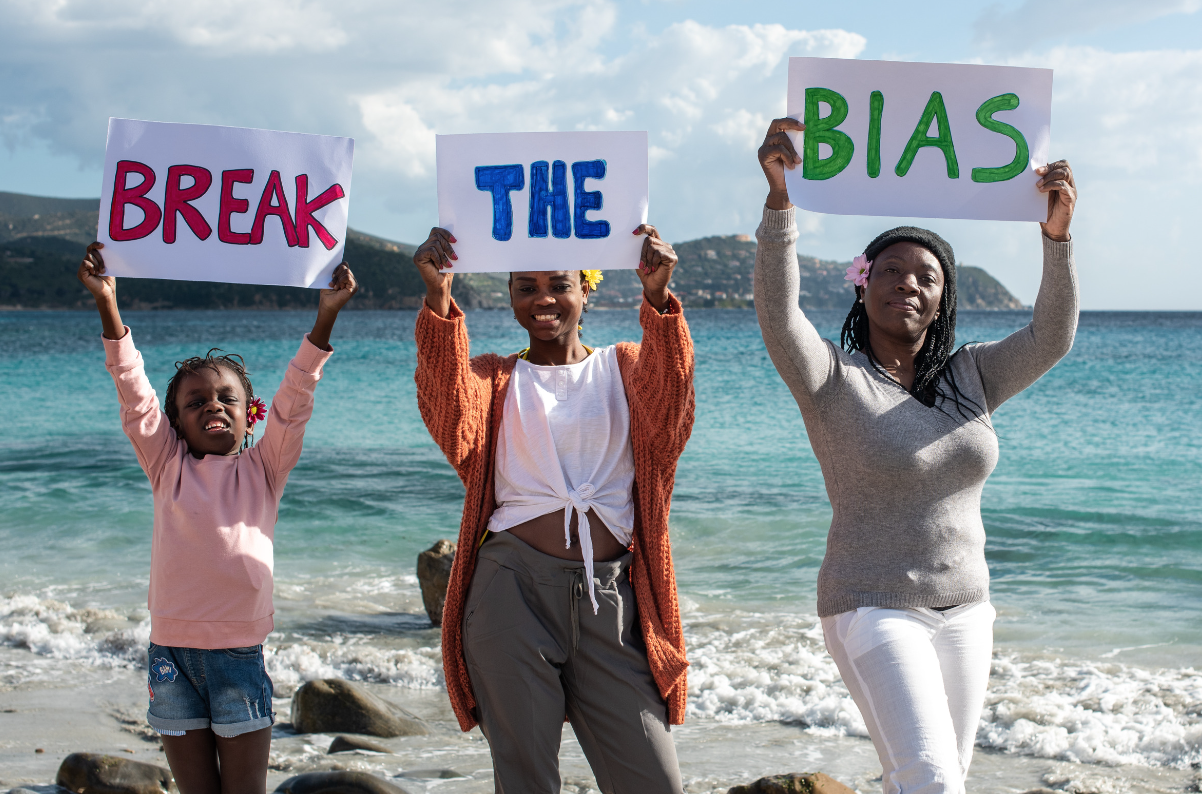Completion requirements
Recognizing and addressing unconscious bias is the first step in creating inclusive and equitable mentoring environments. This is a reflective process that can be difficult but is so important. Here are several potential ideas or strategies that can help in your journey of reflecting on bias and building positive peer relationships:
- Self-awareness: Start being aware of your biases and how they might influence your behaviours. One way to do this is by reflecting on your own biases, and actively seeking out diverse perspectives and other ways of thinking and being. Assumption-busting is a strategy that helps to raise self-awareness by encouraging individuals to reflect on their assumptions and biases. For example, before a meeting or interaction with someone, you can make a list of assumptions you may have about them based on their identity, past experiences, or other factors. Then, you can consciously question these assumptions and seek evidence to either support or challenge them.

- Be mindful of decision-making: Be mindful of the criteria and assumptions used in decision-making, such as how support recipients and peer supporters are selected and matched or how one responds in certain situations. Make sure your decisions are based on facts, not assumptions.
- Education: Learn more about different cultures, groups, and identities to expand your understanding. This can include reading books and articles, and attending workshops on diversity, equity and inclusion. Let's say that someone holds biased beliefs about a certain ethnic group based on stereotypes they've seen in the media or from their own limited experiences. Through education, this person may have the opportunity to learn about the history, culture, and contributions of that ethnic group. They may also be exposed to diverse perspectives and experiences through interactions with people from different backgrounds or through reading and discussing diverse literature.
- Seek feedback: Ask for feedback from support recipients and colleagues about how you are interacting and how this could be improved or be made more helpful to the recipient. Also, consider giving feedback to others about the impact of their behaviour or bias. If relevant, consider how this could be done so that it is respected and will likely be constructively received.
- Be open to change: Critically reflect on and alter your behaviour and attitudes. Recognize that acknowledging and addressing biases is a process requiring time and effort. However, it is important to create more inclusive and equitable environments.
- Continually evaluate the mentoring process: Reviewing the support and mentoring process for biases is an ongoing journey. This could include reviewing various processes, such as support recipient selection and matching, considering our ways of thinking, being and doing, and reflecting on these elements of evaluating peer supporters.
Last modified: Tuesday, 28 March 2023, 10:01 AM